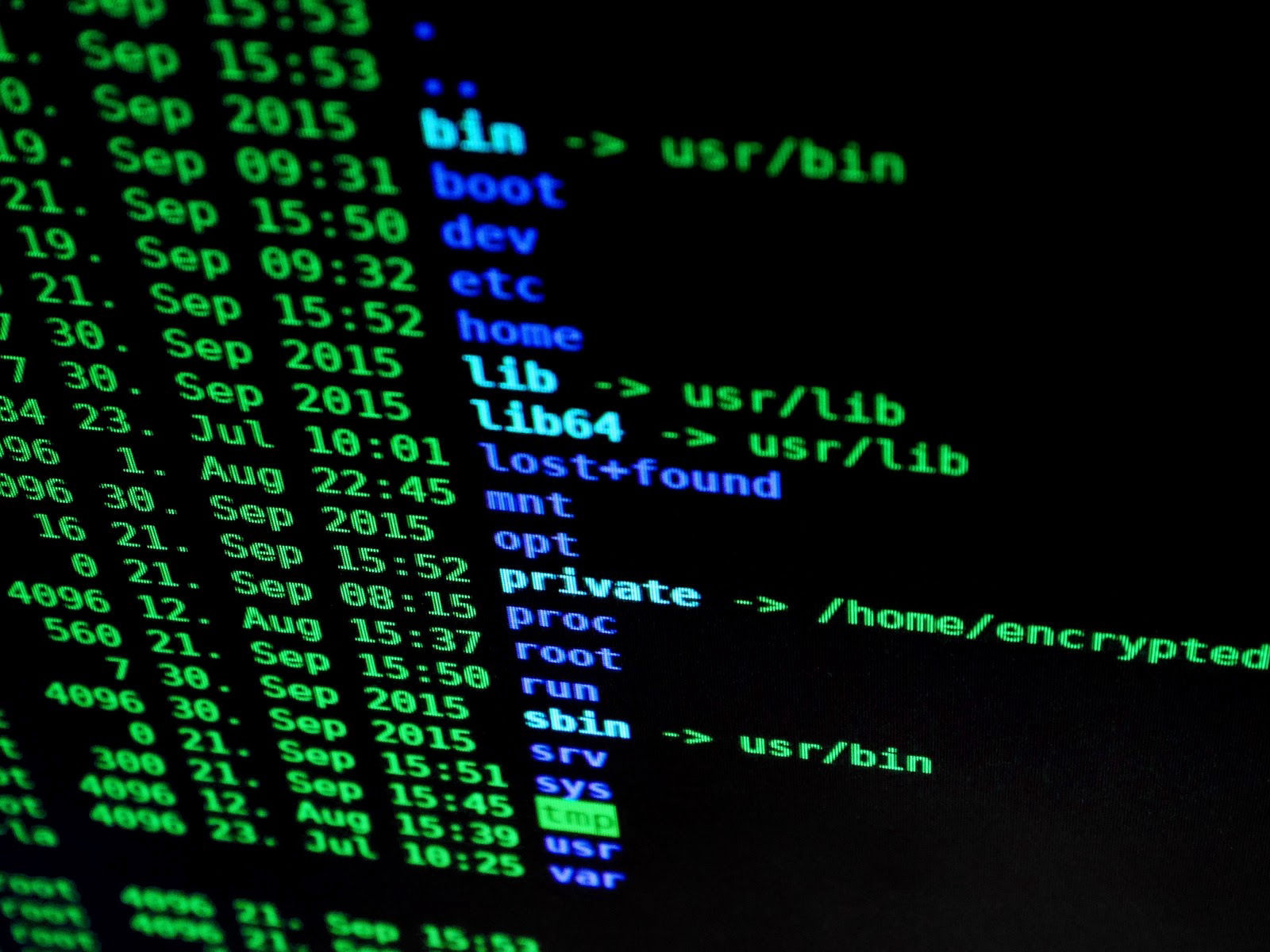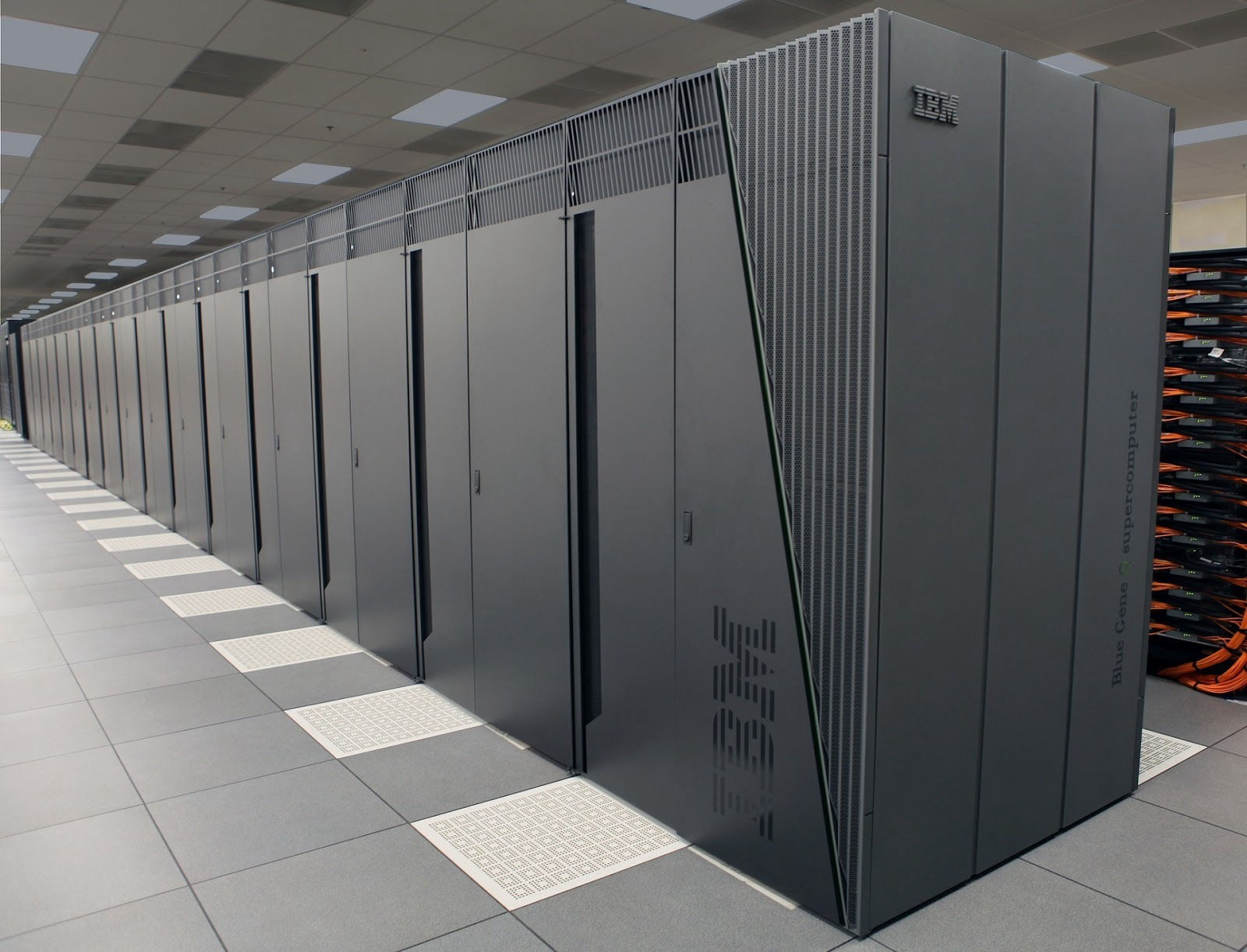As cloud technology and continuous connectivity become more prevalent, the threats to private information become more frequent and advanced. Thus, prioritizing cybersecurity is essential for the protection of a business, and it’s customers.
When customers share their information, they have a right and expectation that it will be protected. Here are some ways your organization can stay ahead of cybersecurity threats and ensure long-term business continuity.
When most people think of cybersecurity threats, they imagine a hacker in a basement surrounded by high-tech gear, tirelessly trying to access a private server. The reality of the situation is that most cybersecurity threats come from within. These issues must be addressed before considering external threats.
Putting in access rights management protocols not only ensures that a business has cybersecurity practices in place, but it also contributes to being in compliance with various business regulatory bodies. Using the access rights manager from SolarWinds allows a business to monitor who is accessing what and when, as well as puts user permissions in place.
Password protection and user permissions are the simplest way to get ahead of cybersecurity threats. As such, it’s inexcusable not to have them in place. Having access rights ensures that an accounting clerk can’t enter a fake invoice, process the payment, approve and cut themselves a fraudulent check. It also ensures that no one can accidentally delete an important system file that could cost the company thousands of dollars to fix.
Organizations with backup protocols are safer than organizations without. The statistics surrounding business failure after a loss of data are astounding, with over half the businesses affected closed within six months of the breach. By having daily system backups in place, this threat is nearly eliminated.
Employees don’t tend to have a clear understanding of how a simple action, like downloading a meme from a blog, could end up in disaster. Take the time to regularly update employees on best practices and be candid about the implications of their actions for both the cybersecurity of the business and their job security.

When the internal issues have been addressed, it’s time to look at enhancing protection from external threats.
Like house burglars, most hackers are opportunists, looking for businesses with the least security. Even having basic measures in place, like a firewall and anti-malware software, can be a powerful deterrent. This doesn’t mean downloading a free version of antivirus software from the internet; work with a third-party provider to find something that works for your business.
Additionally, it’s essential that the wifi network on which business is conducted is locked. If you wish to offer free wifi to your customers and employees, have a separate, unsecured network for that purpose.
Websites play an important role in modern businesses. They’re the main point of communication with customers and contribute to the overall business brand. In many cases, the website is where most potential customers get their first impression of a business.
HTTPs websites are secure, as they have an SSL/TLS Certificate attached to the server. SSL Certificates act as a key to the organization’s private data and provide a secure connection between the server and the browser. This allows for secure browsing, protecting the customer and ultimately the business.
Treat a cybersecurity breach like a “when” rather than an “if.” By taking a proactive approach and having a plan in place with roles assigned, you’ll be able to act faster if a breach occurs. The quicker you can respond, the less damage your business will experience.
An incident response team shouldn’t just consist of IT professionals; it should look at protecting the business and brand as a whole. For example, having a PR person primed with the right words to say to defuse the situation, and a compliance expert to navigate your business responsibilities when an event takes place. Hopefully, the incident response plan goes unused, but it’s best to be ready just in case.

Cybersecurity is no longer a buzzword that impacts only the tech industry; businesses of all sizes and types need to consider what they’re doing to protect their data. Following these basic tips creates a solid foundation for a secure business.

YOU WILL BE HEARING FROM US SOON!
We look forward to hearing from you!

YOU WILL BE HEARING FROM US SOON!